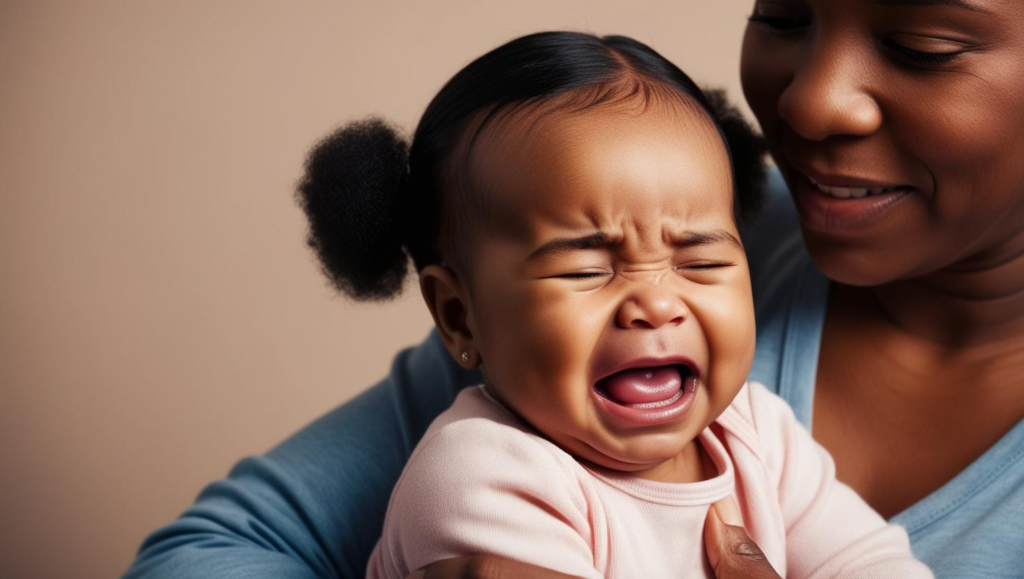
Does your baby cry when you leave the room? Or get upset when new people want to hold them? This is normal! Between 6 and 12 months, babies develop two common fears: separation anxiety and stranger anxiety. Let’s learn about these feelings and how to help your baby.
What Is Separation Anxiety?
Separation anxiety is when your baby gets upset when you leave. It usually starts around 8-9 months.
Signs of separation anxiety:
- Crying when you leave the room
- Clinging to you when you try to put them down
- Waking up at night looking for you
- Getting upset at daycare drop-off
This happens because your baby now understands you exist even when they can’t see you, but they don’t know when you’ll come back!
What Is Stranger Anxiety?
Stranger anxiety is when your baby is afraid of people they don’t know. It often starts around 6-7 months.
Signs of stranger anxiety:
- Crying when new people approach
- Hiding their face in your shoulder
- Reaching for you when others try to hold them
- Staring at unfamiliar faces with worry
This happens because your baby can now tell the difference between familiar faces and new ones.
How to Help Your Baby
For separation anxiety:
- Play peek-a-boo to teach that things (and people) come back
- Practice short separations at home
- Create a goodbye routine that’s quick and cheerful
- Always say goodbye – don’t sneak away
For stranger anxiety:
- Let your baby meet new people while you hold them
- Ask new people to approach slowly and not grab your baby
- Give your baby time to warm up to new faces
- Have new people offer a toy instead of trying to hold baby right away
When Will It Get Better?
Most babies have the strongest separation and stranger anxiety between 10-18 months. It will get better as your baby grows and learns that:
- You always come back
- New people can be fun and safe
When to Talk to Your Doctor
Talk to your doctor if:
- Your baby seems afraid all the time, not just during separations
- Your baby’s anxiety prevents them from eating or sleeping
- You’re worried about your baby’s development
Remember, these fears are a normal, healthy part of your baby’s development. They show that your baby has a strong bond with you and is learning about the world around them!
